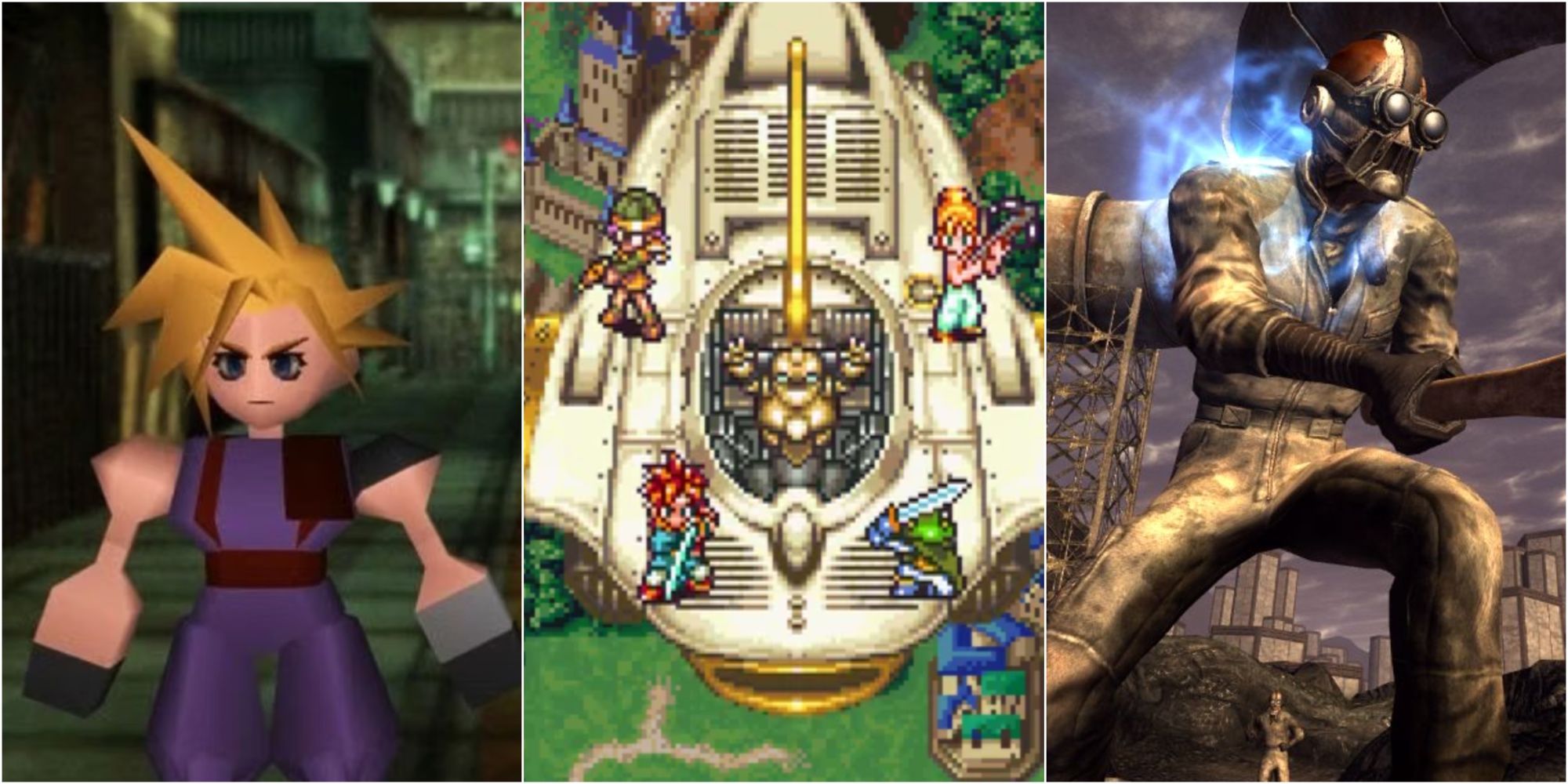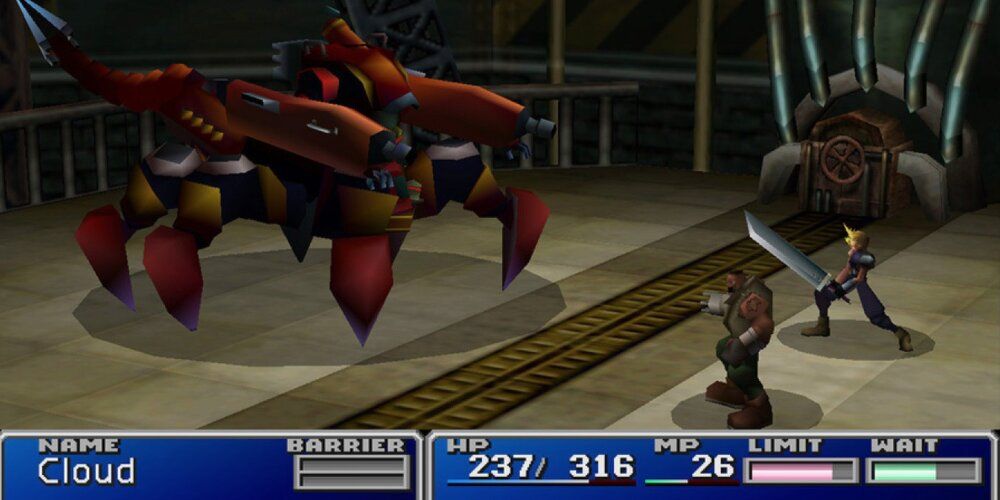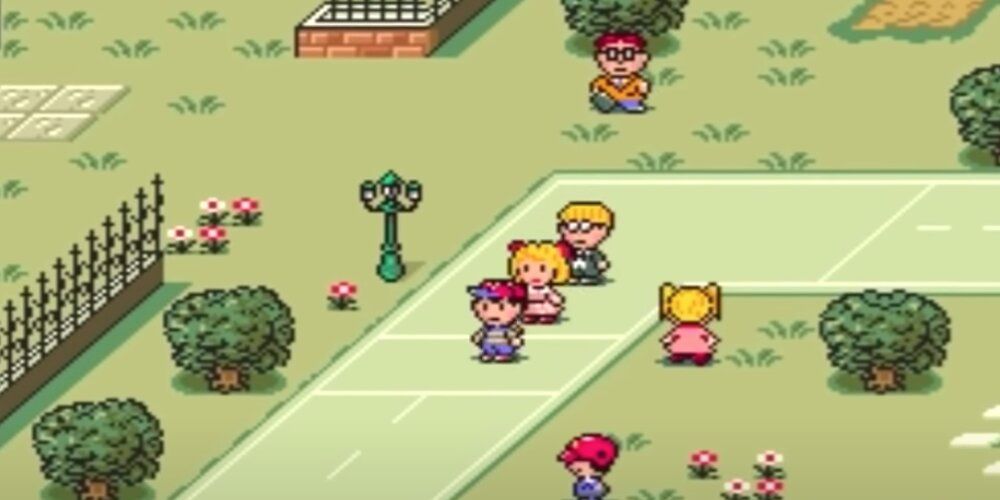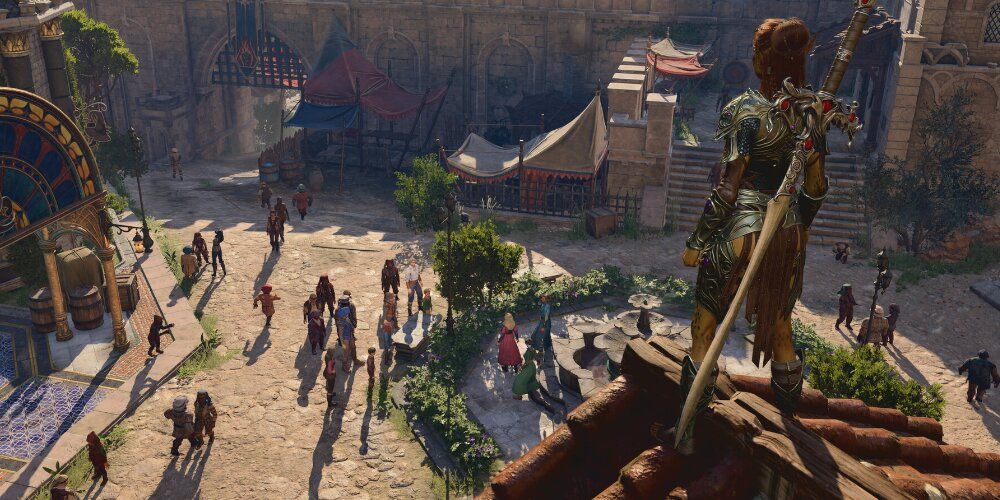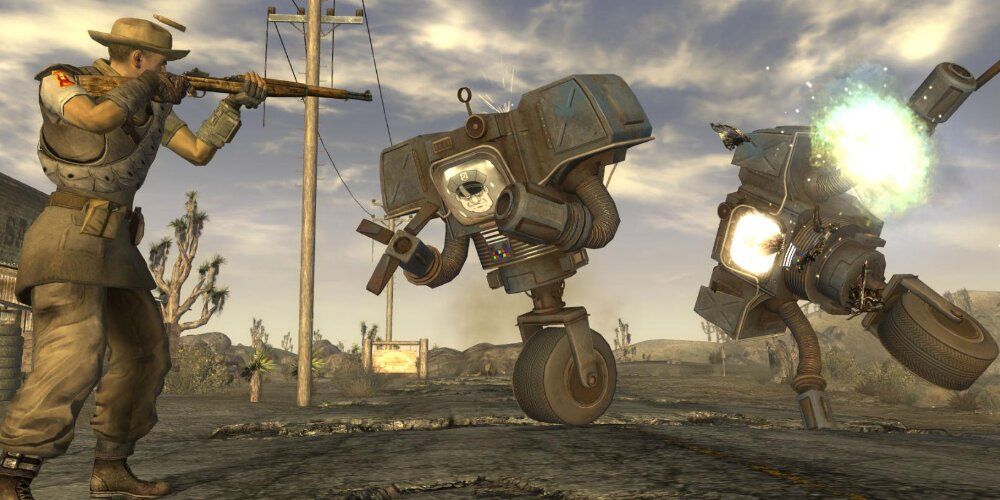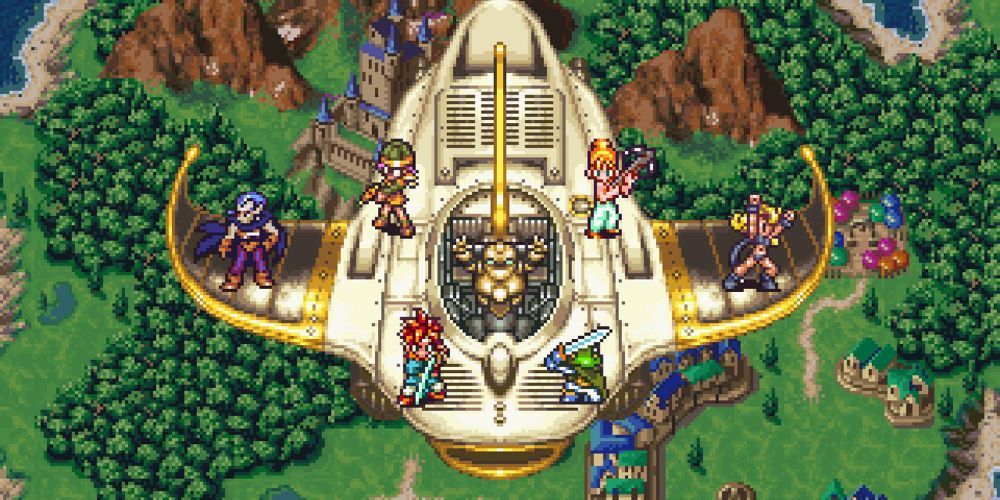Highlights
- Persona 3 revolutionized RPGs with Social Links, tying relationships to battle mechanics for a unique experience.
- Final Fantasy 7's visuals and Materia system set a new standard for RPG graphics and character customization.
- Undertale dissected RPG tropes, changing the genre forever with its unique approach to game design.
Although the RPG genre has actually been around since the late 1980s, it was during the 90s and early 2000s when it really started to take off in terms of popularity and critical acclaim. As with any genre, though, RPGs needed to adapt and modernize with the times in order to draw in new audiences; otherwise, these sorts of games could have easily become nothing more than stale iterations of one another without anything setting them apart and making them unique.

10 Best RPGs On Mac, Ranked
Mac users cannot afford to miss these incredibly engaging RPGs, which will occupy their time for hundreds of hours.
Thankfully, though, this didn't end up being the case due to a few very important titles that helped to innovate the genre in numerous different ways. Whether it's through the gameplay mechanics, the sense of freedom granted to the player, or even just the setting of a game, there are a handful of RPGs that took a bold risk in trying something entirely new and different from their predecessors, and it's these games that this list is going to analyze today.
7 Persona 3
Atlus Managed To Merge Everyday Activities With Dungeon Crawling Through Persona 3's Social Links System
Although it was being made very clear that Atlus was trying something new with the first two Persona titles, they managed to nail down pretty much every aspect of the series in the third game, especially with the introduction of Social Links. This refers to the relationship that players can have with characters outside of Tartarus, which is the game's dungeon, and by speaking to these individuals and growing closer to them, the Persona that they represent will be buffed. This means that they are directly tied to the battle system and make the player stronger.
Before Persona 3, many RPGs followed a simple formula of traveling from A to B and picking up weapons and items along the way to become more powerful, but Atlus made the clever decision to actually tie this to regular NPCs, encouraging players to take a break from the constant fighting to hang out with friends from time to time. On paper, tearing the player away from the core RPG battle experience to pursue a normal everyday life sounds like a disastrous idea, but Atlus managed to execute this to perfection with Persona 3's Social Links mechanic.
6 Final Fantasy 7
Final Fantasy 7's Groundbreaking Visuals And 3D Character Models Helped To Legitimize The RPG Genre
Final Fantasy 7
- Platform(s)
- PlayStation (Original) , PC , iOS , Android , Nintendo Switch , Xbox One , PS4
- Released
- January 31, 1997
- Developer(s)
- Square Enix
- Genre(s)
- RPG
Although Final Fantasy 7 didn't exactly change the turn-based gameplay much at all from its predecessors, one department where it was a massive step up was in its visuals. It can't be underestimated just how groundbreaking Final Fantasy 7's graphics were for the time, to the point where it actually helped bring a lot of legitimacy to a genre that had, for a very long time since, been seen as something more fantastical and niche.
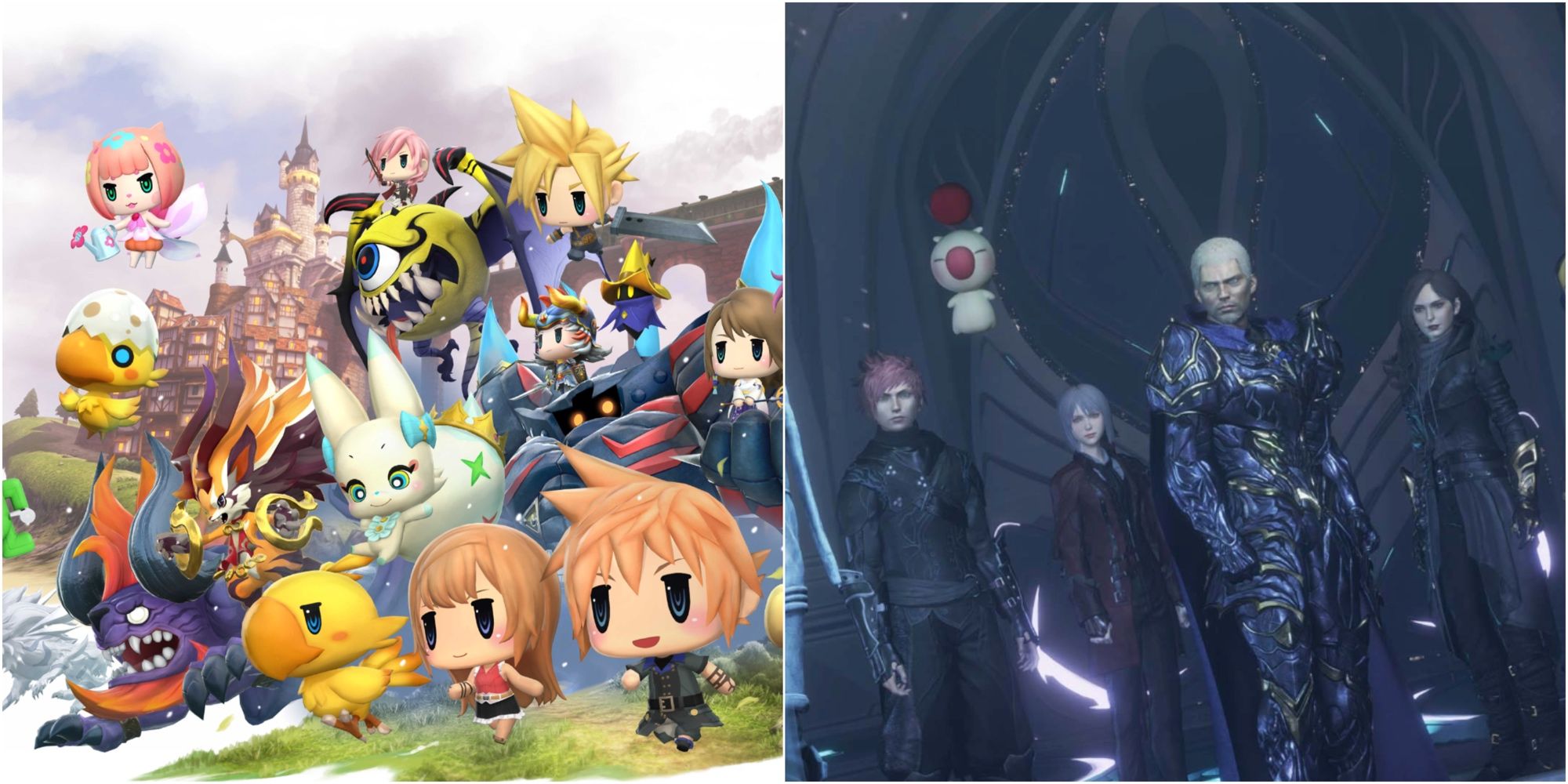
7 Hardest Final Fantasy Spin-Offs, Ranked
From Final Fantasy Explorers to Dissidia Final Fantasy, these are the trickiest spin-offs in the Final Fantasy series.
The 3D character models felt much more believable and real than the pixel art that was being used for RPGs at the time, and this certainly applied to the Summons, each of which looked absolutely incredible when entering the battlefield to help out the party. Another key area where Final Fantasy 7 innovated the RPG genre was through its Materia system, which allowed players to customize their character's playstyles in a plethora of different ways rather than confining them to a single job, something that would become a much more prominent feature of future Final Fantasy titles and other games within the genre.
5 EarthBound
At A Time When RPGs Were Firmly Rooted In Fantasy, EarthBound's Modern Setting And Jovial Tone Provided A Breath Of Fresh Air
Earthbound
- Platform(s)
- SNES , Nintendo Game Boy Advance
- Released
- June 5, 1995
- Developer(s)
- HAL Laboratory , Ape Inc.
- Genre(s)
- RPG
When EarthBound first released back in 1995, it was surrounded by RPG games that were all firmly rooted in fantasy, with many people seeing the genre as being synonymous with worlds of dragons, wizards, and elves. In stark contrast, EarthBound was based in a pretty normal modern town while also embracing a very goofy tone. For example, while swords and potions were pretty standard for the RPG game, EarthBound instead featured items like the pencil eraser or soccer ball, all of which acted in similar ways to their traditional counterparts but were obviously much goofier iterations that almost felt like parodies.
Its tone and presentation may have been very different from what many people were used to, but at its core, EarthBound still told a very serious and heartfelt story that includes some pretty serious themes about individualism, friendship, and protecting the planet. It completely changed the popular view of the genre, and its influence can still be felt in many modern RPGs today that take a more modern approach to their visual style, such as the immensely popular Stardew Valley, for example.
4 Baldur's Gate 3
The Staggering Attention To Detail In Baldur's Gate 3 Will Be Studied For Many Years To Come
Baldur's Gate 3
- Platform(s)
- PC , macOS , PS5 , Xbox Series X
- Released
- August 3, 2023
- Developer(s)
- Larian Studios
- Genre(s)
- RPG
Although Baldur's Gate 3 is a much more recent RPG title, it's hard to deny just how innovative the game is already proving to be, to the point where it's pretty much guaranteed that all future games within the genre will begin to follow its lead in one way or another. While the point-and-click formula had already been used in the first two games, Larian Studios really went above and beyond with Baldur's Gate 3 in allowing the player to investigate almost anything and everything within the environment.
Sometimes, this can result in nothing more than a quick bit of dialogue, but other times, it can lead to a whole new quest that can take numerous hours to complete. It's honestly staggering just how much care and attention to detail has been put into Baldur's Gate 3, and it's undoubtedly going to encourage plenty of developers to also try and incorporate some of these more subtle elements into their RPG titles to make the game as much of a role-playing simulator as possible.
3 Undertale
Undertale's Dissection Of RPGs Has Changed The Way People Have Looked At The Genre Ever Since
At a time when the RPG formula of killing endless hordes of faceless enemies for EXP and taking on evil bosses felt like it was becoming a little worn out, Undertale completely flipped the template on its head, and as a result, changed the way people would view the genre forever. On the surface, Undertale can seem like a pretty lighthearted and standard indie RPG title, but it soon becomes obvious that the game is trying to say something a lot more profound about the genre it's based in, and more specifically, the patterns that players find themselves falling into while playing.
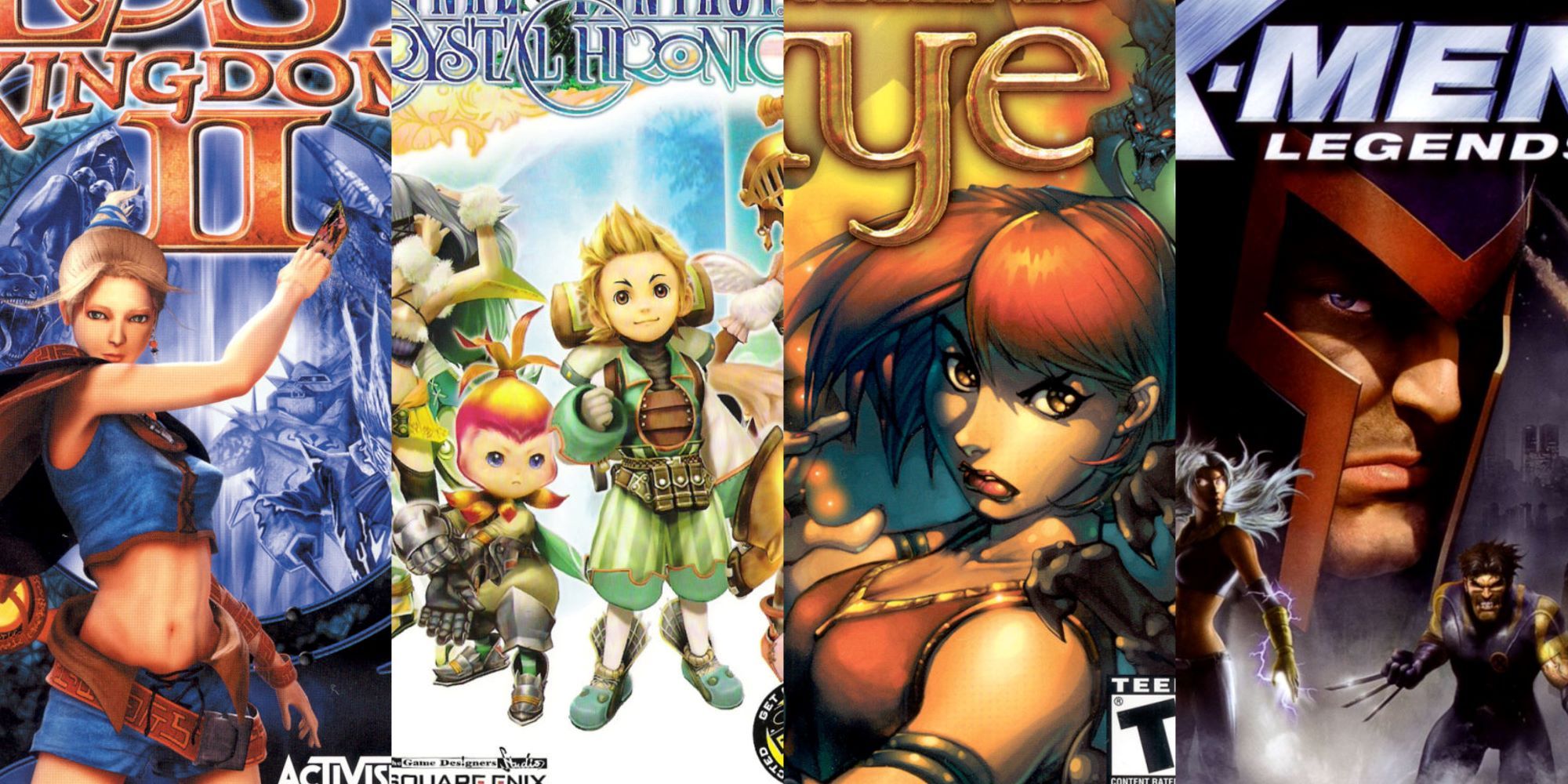
10 Forgotten Nintendo GameCube Action RPGs
Though far from masterpieces, these overlooked action RPGs on the GameCube deserve a second chance due to their interesting ideas.
For example, rather than the weak enemies being random monsters with no real purpose, every opponent in Undertale is made to feel like a real person with at least some sort of personality, making the notion of killing them just for EXP seem a little more unnerving. While consistent grinding had become a normal part of the RPG gameplay loop, Undertale actually starts to react to this in a much more negative light, with characters being afraid of the player if they go on killing sprees, and the music becomes much more unsettling, too. Ever since its release, there have been a plethora of indie RPG titles that have also tried to dissect the genre, such as Astromeda and In Stars and Time, for example, which are all heavily inspired by Undertale's unique writing and gameplay.
2 Fallout: New Vegas
New Vegas Grants Players An Immense Amount Of Freedom To Forge Their Own Personal Story
Although RPGs are all about letting the player make their own choices to forge their own story, developers would always need to insert some sort of restrictions to keep gamers on the beaten path, ensuring they don't do anything that could be considered too outlandish. Fallout: New Vegas, though, does things a little differently, allowing the player to tackle every mission in any way they want without punishing them for their decisions. What's more is, because there isn't technically one definitive plot line since there are so many factions, it literally means that the player's actions will dictate the story as they go.
For example, while players will be invited to attend Caesar's Legion at a certain part in the game, the game won't tell them how to interact with the group and will simply leave it up to them on whether they feel like following, killing, or eventually betraying the Legion. The fact that Skill ratings could also influence what players could say in conversations also helped to add yet another layer of immersion that other developers just weren't paying much attention to at the time. Many RPGs are still trying to pull off this sense of unlimited player freedom as well as New Vegas did back in 2010, with the game still standing the test of time to this very day for how flexible and utterly replayable it is.
1 Chrono Trigger
Chrono Trigger Introduced Mechanics And Systems That Have Become Synonymous With RPGs
Chrono Trigger
- Platform(s)
- SNES , PlayStation (Original) , PC , Nintendo DS , Android , iOS
- Released
- March 11, 1995
- Developer(s)
- Square Enix
- Genre(s)
- RPG
Chrono Trigger has influenced RPGs in so many ways, it could be argued that it is essentially the game that single-handedly birthed the 'modern' RPG that so many gamers know and love today. Not only was it the first of its kind to feature multiple endings and branching storylines, something almost every other future RPG would copy, but its usage of time travel as a gameplay mechanic has also been replicated both within the genre, with games like Radiant Historia, and even outside of it, too, as seen in Ocarina of Time.
Additionally, Chrono Trigger also set the precedent for how to utilize music to elevate an RPG experience, using slow and somber tracks in between action set pieces and then ramping up the melodies when a battle is about to take place. Plot-related side-quests were also something that had never been seen before, which have now become a staple of triple AAA RPGs like Cyberpunk 2077 and The Witcher 3. There's a huge list of ways that Chrono Trigger innovated the RPG genre, with the game undoubtedly laying out the blueprint for all future games to build upon and learn from.
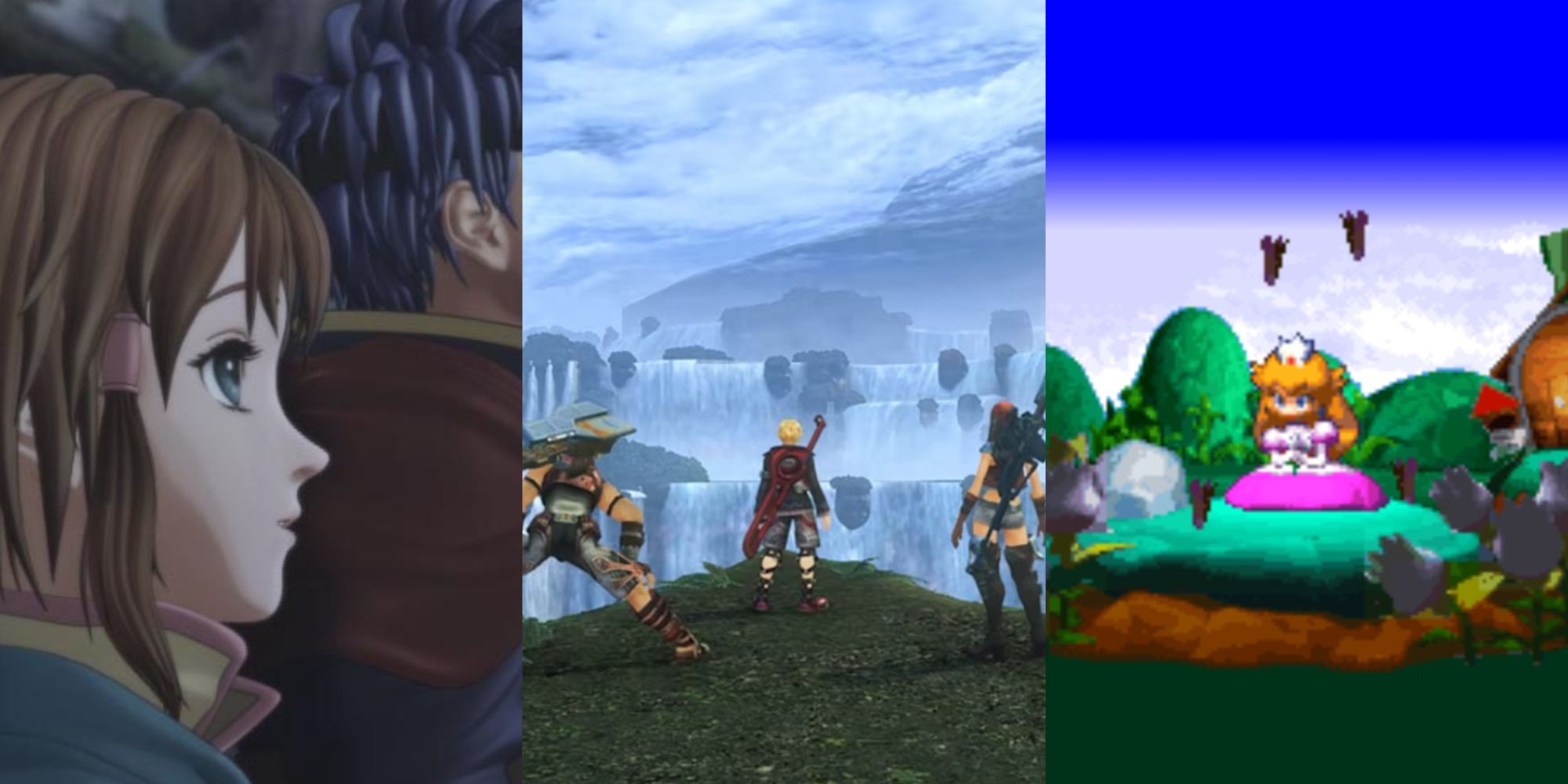
12 Best RPGs Published By Nintendo, Ranked
Nintendo has published some of the best RPGs on the market that remain iconic to this day.

